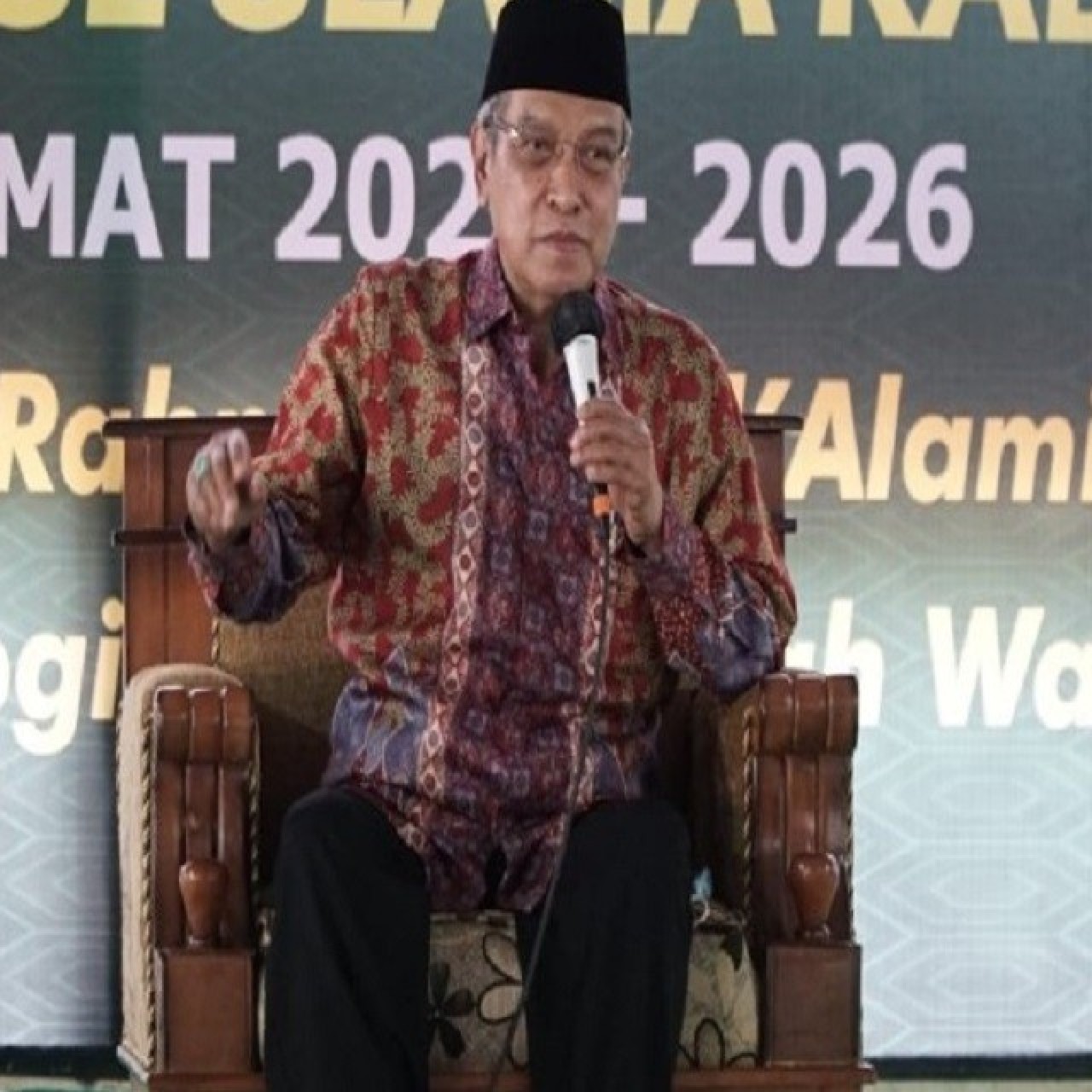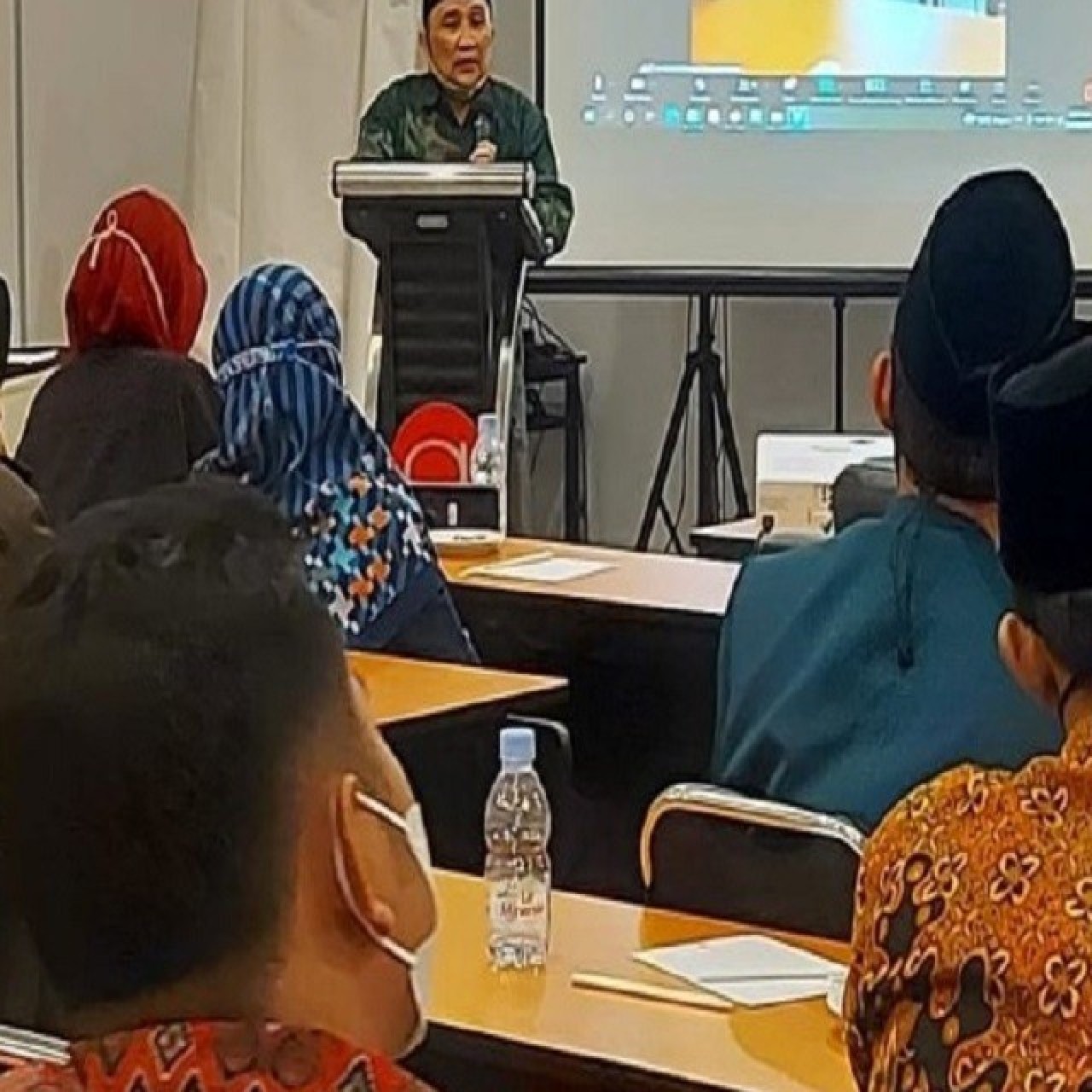Jakarta, NU Online
The issue of climate change that is currently engulfing the world will be discussed at the NU's 34th Congress Bahtsul Masail Qanuniyah Commision in Lampung Province. Because the impact of climate change is considered to be a catastrophe for the citizens of the world.
“The issue of climate change is important because it is a world catastrophe. Climate change is no less important for us to deal with and discuss. Even it is more dangerous than the Covid-19 pandemic," Chairman of the Bahtsul Qanuniyah Commission KH Mujib Qulyubi told NU Online here on Tuesday (23/11/2021).
He reminded all parties to show their concern for climate change that is currently happening. This must be seriously anticipated with the aim that the world's citizens do not become victims of this climate change.
“We must be prepared (because) the danger (of climate change) is approaching us. Jakarta might sink because we don't care about that. This concerns not only nationally but internationally, NU must play an international role on climate change," said Kiai Mujib.
Handling climate change
Reporting from the website of the Directorate General of Climate Change Control (DJPPI) of the Ministry of Environment, it is stated that controlling climate change in Indonesia requires national and international processes that are iterative and synergistic.
Addressing climate change at the international level is discussed through the United Nations Framework Convention on Climate Change (UNFCCC), which was produced through a negotiation process of 194 countries and is binding. Indonesia has ratified or adopted the decision of the UNFCCC with Law No. 6 of 1994.
Implementation of the agreement at the international level should be realized in the context of national development to support sustainable development.
Moreover, Indonesia also needs to mainstream the principles of low emissions and resilience to climate change. The effectiveness of climate change control is also highly dependent on policies at all levels (internationally, regionally, nationally and sub-nationally).
At the international level, it is mainly related to the commitment of developed countries to reduce emissions and the commitment to provide financial, technological and capacity building support for mitigation and adaptation efforts carried out by developing countries in the context of sustainable development.
The climate change management program within the framework of sustainable development carried out by the Indonesian government includes three pillars, namely environment, economy, and social.
The pillars emphasize that tackling climate change is not only an effort to reduce and prevent emissions or increase carbon stocks, but there are non-carbon benefits that need to be taken into account along with the benefits of reducing emissions.
Reporter: Aru Lego Triono
Editor: Sudarto Murtaufiq










